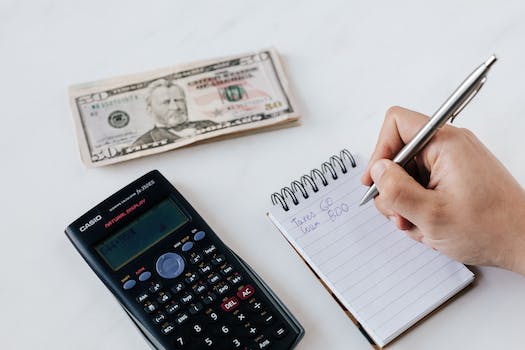Budgeting Tips For Young Adults

Budgeting is an important part of financial planning, especially for young adults. It helps you to plan and manage your money so that you can save for the future and reach your financial goals. Budgeting allows you to make the most of your income and allocate it towards things that are important to you, such as paying off debt or investing in a retirement fund. It also help you allocate some amount of money to spend on your social life and entertainment which may including playing online casino games and exploring things like the Accumulator bet in 1xBet, and others. The important thing is budgeting ensures you are living within your means, and avoiding debt and not mismanaging your money. Below are some tips on how to plan your budget and manage your money.
Tips For Tracking Your Spending Every Month
Tracking your spending every month is a great way to stay on top of your finances and make sure you’re not overspending. Here are some tips for tracking your spending:
1. Record and track all expenses. Make sure to track all your expenses, including small purchases like coffee or snacks. These can add up quickly and can easily be forgotten if they’re not tracked regularly.
2. Use a sheet of paper or notebook. Tracking your spending in real time can make it easier to keep tabs on where your money is going each month.
3. Review regularly. It’s important to review your spending regularly so that you can identify any areas where you may be overspending or could save more money in the future.
Put Money In an Emergency Fund
An emergency fund is an essential part of any financial plan. It’s a savings account that you can use to cover unexpected expenses, such as medical bills, car repairs, or job loss. Having an emergency fund gives you peace of mind knowing that if something unexpected happens, you have the money to pay for it without having to take on debt. An emergency fund should be separate from your regular savings and investments and should contain enough money to cover at least three months of living expenses. This will give you enough time to find a new job or make other arrangements if needed. When building your emergency fund, start by setting aside small amounts each month until you reach your target amount. Make sure not to dip into this account unless absolutely necessary and replenish it as soon as possible after using it so that it’s always ready when you need it most.
How To Plan Your Monthly Budget
Planning your monthly budget is an important step in managing your finances. Start by listing all of your income sources, such as salary, investments, and any other sources of income. Then list all of your expenses, including rent or mortgage payments, utilities, groceries, transportation costs, and any other regular costs. Once you have a complete list of both income and costs for the month, subtract the total amount of expenses from the total amount of income to determine how much money you have left over each month. If there is a negative number after this calculation then you are spending more than you are making and need to adjust your budget accordingly.







